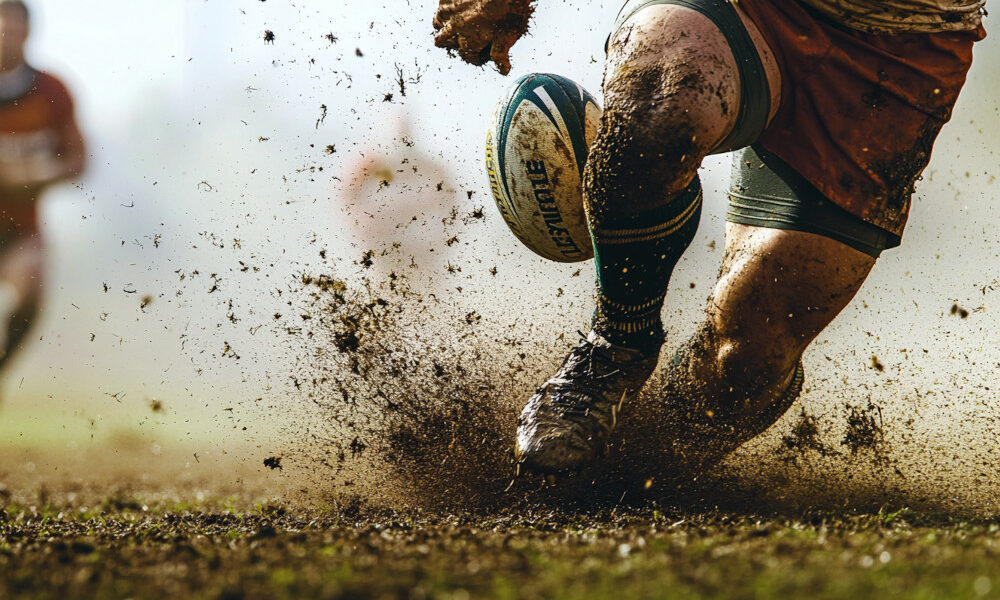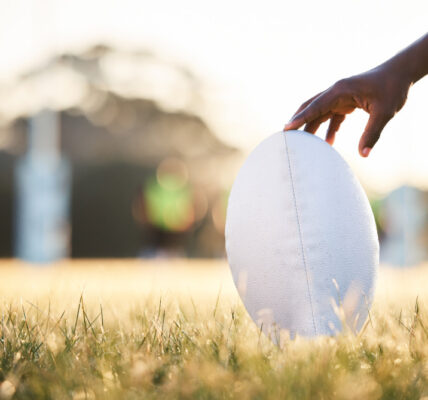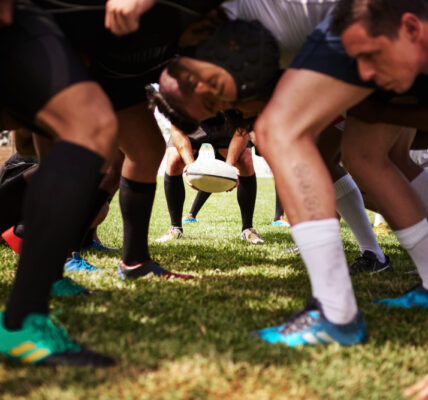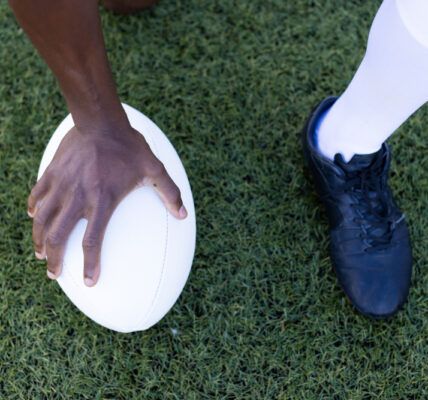South African rugby players continue to showcase their dominance in the Vodacom United Rugby Championship (URC), with multiple names featuring prominently in the latest Top 100 player rankings. This season has seen a remarkable rise in performance from key players, with Elrigh Louw and Gerhard Steenekamp leading the charge for the Vodacom Bulls. Their standout displays have earned them second and third place, respectively, on the highly competitive rankings list, reinforcing their value at both domestic and international levels.
Joining them in the upper ranks is Wilco Louw, who claims the 15th position, ensuring the Bulls have three players in the top 20. The Pretoria-based side has been a dominant force in the URC, with a total of nine players making the top 100 rankings—further proof of the team’s strength and consistency throughout the competition.
Ox Nche Takes the Top Spot
Springbok prop Ox Nche has earned the No. 1 ranking in the latest URC standings, cementing his place as one of the most influential players in the competition. Known for his power in the scrum and dynamic play around the field, Nche follows in the footsteps of Steven Kitshoff, who previously topped the rankings on two occasions. His ability to dominate opposition forwards has been a key factor in his rise to the top, proving that set-piece excellence remains a cornerstone of South African rugby.
Nche’s success highlights the ongoing dominance of South African front-row players in the league. With scrummaging being a crucial aspect of the game, the presence of multiple South African props in the rankings underlines the country’s legacy of producing world-class forwards.
South African Presence in the Top 10
The top ten of the URC rankings is filled with six South Africans, further demonstrating the strength of the country’s rugby talent. Quan Horn (Emirates Lions fullback) and Andre Esterhuizen (centre) hold the sixth and eighth spots, respectively, bringing additional flair and power to the rankings. Edinburgh’s Boan Venter, another South African loosehead prop, secures the ninth position, proving the continued global impact of South African front-rowers.
Ireland is the only other nation with multiple representatives in the Top 10, with Leinster’s Jack Conan leading the way at fourth, followed by his international teammates Tadhg Beirne (seventh) and Jamison Gibson-Park (tenth).
The URC Top 20 also sees significant South African representation, with key players like Vincent Koch, Ruben van Heerden, Henco Venter, and Siya Kolisi joining the rankings. Their performances have been instrumental in keeping South African teams at the forefront of the competition.
Other International Standouts
Beyond South African and Irish dominance, other nations also have players making an impact. Alex Craig (Scarlets) is the highest-ranked player from Wales and Ewan Ashman (Edinburgh) leads the way for Scotland. Meanwhile, Benetton’s Simone Ferrari is Italy’s standout performer, taking the 13th spot.
The diversity in the rankings reflects the highly competitive nature of the URC, where players from different backgrounds bring their unique skill sets to the competition. However, South Africa’s continued presence in the upper ranks solidifies the country’s status as one of the strongest rugby-playing nations in the world.
How the Rankings Work
The Vodacom URC Top 100 rankings are powered by the StatMaster xP algorithm, which evaluates individual performances based on a detailed statistical model. This system tracks every match a player participates in over the past 12 months, analyzing their contributions across the URC, EPCR tournaments, and international fixtures.
The algorithm assigns an “Expected Points” (xP) value to every key action in a match. Much like Expected Goals (xG) in football or Expected Points Added (EPA) in American football, this metric determines how much a player’s actions contribute to their team’s scoring opportunities.
Players earn positive points for game-changing actions like:
✔ Beating defenders with strong carries
✔ Winning scrum penalties
✔ Kicking a crucial 50/22
✔ Securing turnovers in critical areas
Conversely, they lose points for costly mistakes such as missed tackles, handling errors, or conceding penalties at vital moments.
The algorithm also adjusts for various match factors, including game situations, field position, opposition quality, and individual positional responsibilities. This ensures that every player’s performance is measured in a fair and accurate manner, regardless of their role on the field.
Ranking Breakdown and Season Projections
The URC ranking scale is designed so that an average player scores 80 points, while the best performers reach the 90+ range. At the top of the chart, Ox Nche currently holds a score of 95.2, with his closest competitor, Elrigh Louw, at 94.2.
As the season progresses, the rankings will continue to shift, with players rising or falling based on their performances. Injuries, form fluctuations, and squad rotations all play a role in determining how the Top 100 develops throughout the year.
What This Means for South African Rugby
The latest rankings confirm South Africa’s continued strength in the URC, with the country’s players dominating the key positions. The front row depth remains unmatched, with multiple props and locks featuring in the top standings. Meanwhile, the presence of backs like Quan Horn and Andre Esterhuizen shows that South Africa’s attacking threats are equally influential.
With 11 players in the Top 20, South African rugby is in a strong position heading into a crucial international season. The URC has become an essential platform for showcasing and developing local talent, providing a competitive environment where players can prove themselves against the best in Europe.
As the rankings evolve throughout the season, South African rugby fans can expect to see their top players continue to lead the charge. With an exciting mix of youthful talent and experienced veterans, the future looks bright for South Africa’s presence in the URC.




